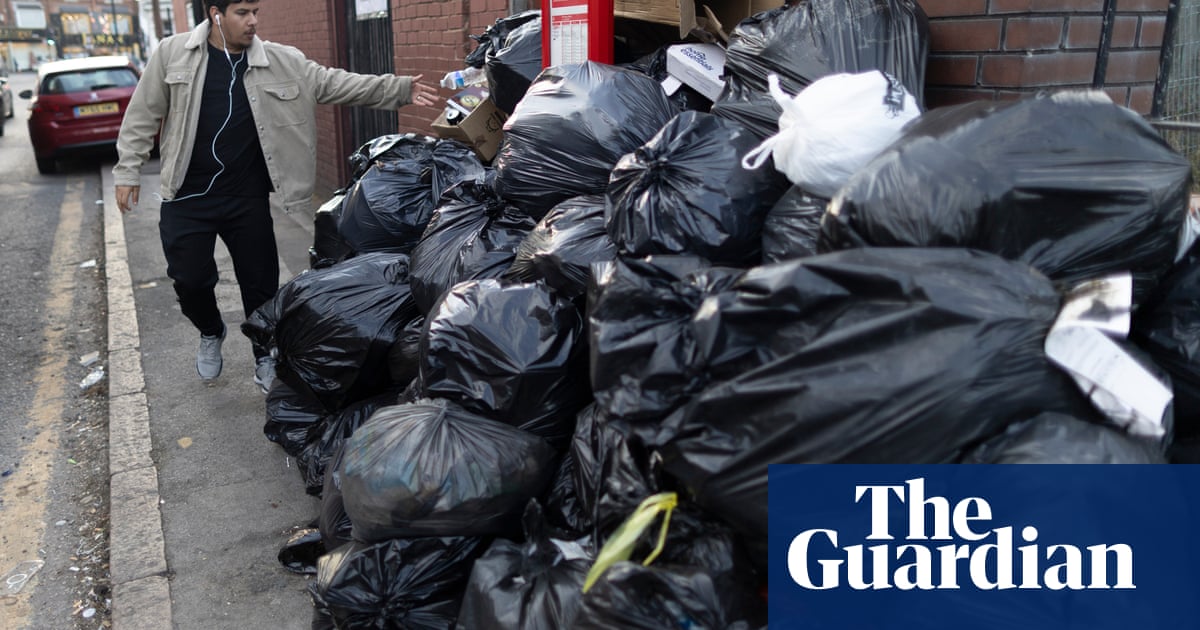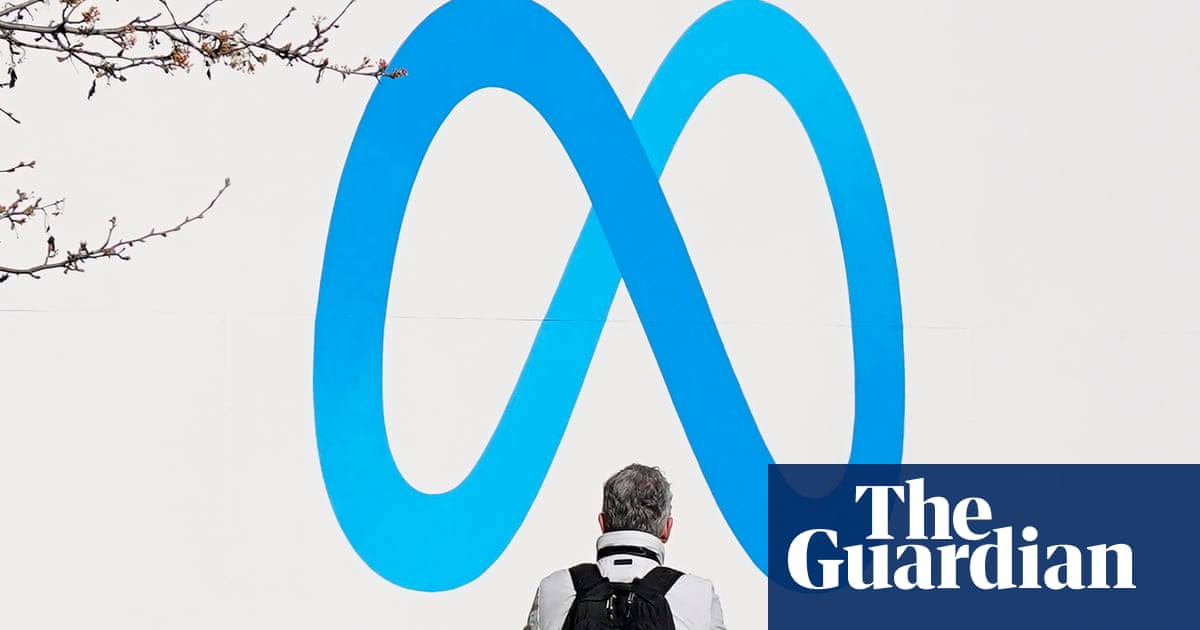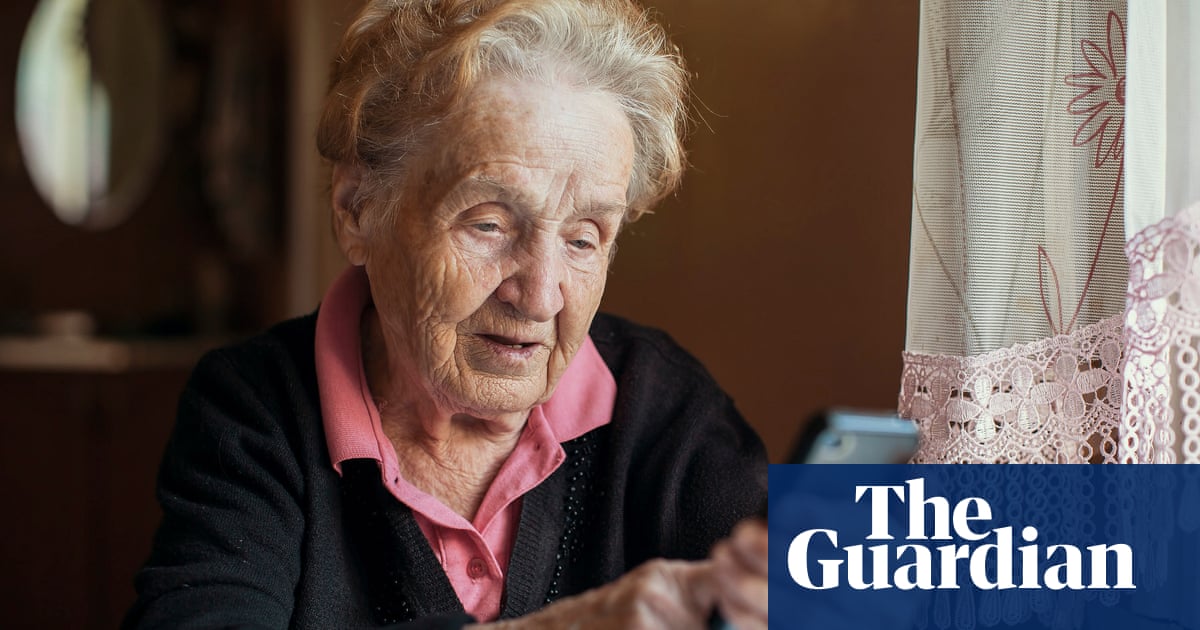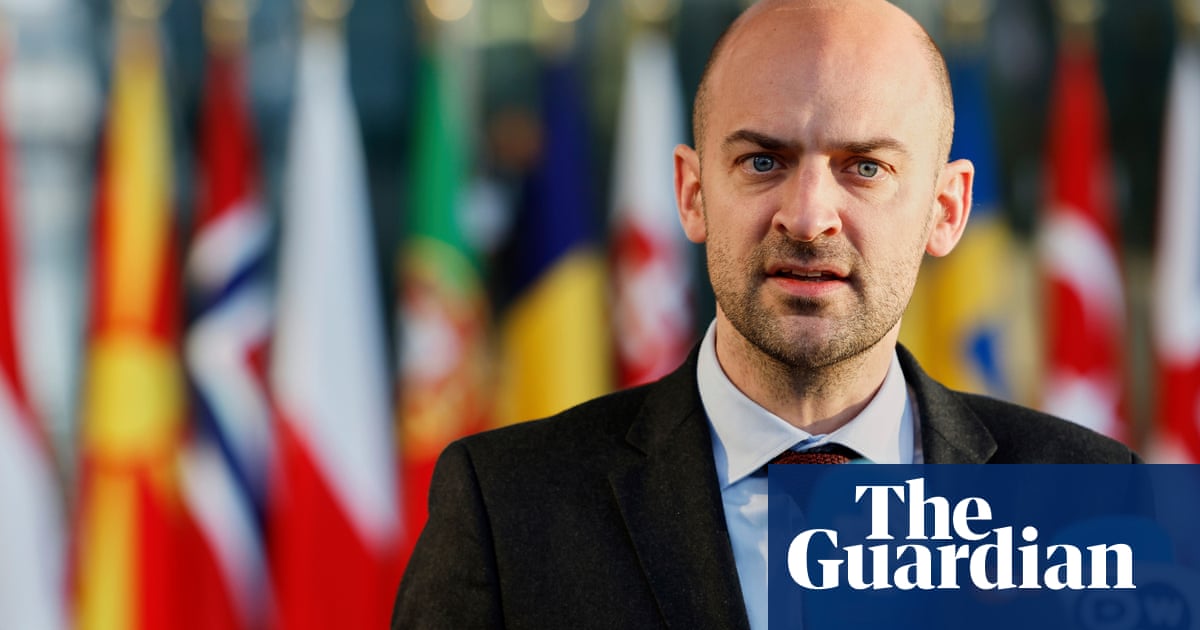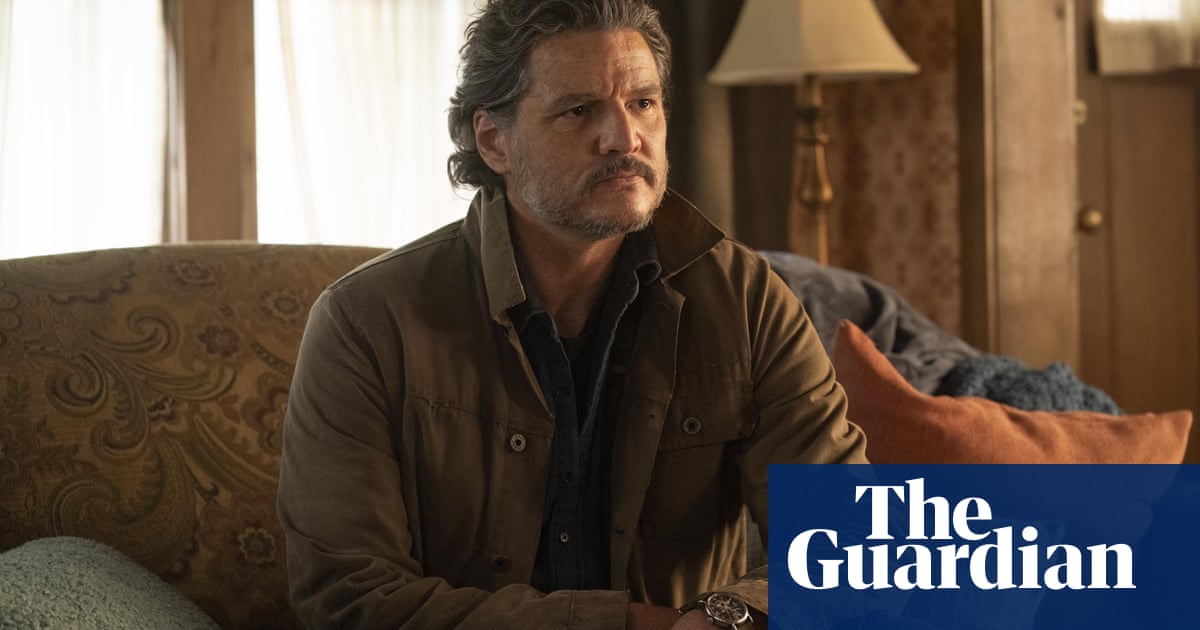Thousands of trafficking victims have rejected the government’s support, many due to fear of the authorities or of being deported, lawyers have said.
Nearly 6,000 trafficking victims rejected support from the government’s National Referral Mechanism (NRM) for victims of modern slavery last year, according to data based on research from the British Institute for International and Comparative Law and the Human Trafficking Foundation at the University of Oxford. Researchers found a range of reasons for this among respondents, including fear of traffickers, receiving support elsewhere, wanting to put things of being trafficked behind them and being reluctant to engage with UK authorities.
There were more than 19,000 NRM referrals last year. The number of people referred as victims to the NRM but refused at the initial stage has shot up 290% in two years, from 12% in 2022 to 47% in 2024, according to research from the organisation After Exploitation. Separate research from that group found that people in only 133 of 51,193 modern slavery cases reported to the Home Office between January 2021 and May 2024 had applied for compensation as victims.
Home Office freedom of information data obtained by the Observer revealed thousands of trafficking victims from Albania and Vietnam – two nations where many victims come from – were returned to these countries after engaging with the NRM. According to the data, the returns were a mix of voluntary and enforced.Between January 2020 and September last year, 2,427 trafficking victims were returned to these two countries, according to the FoI data. All either had positive reasonable grounds or positive conclusive grounds decisions from officials that they were trafficking victims.
Liz Williams, head of policy impact at the Modern Slavery and Human Rights Policy and Evidence Centre, said: “Nearly 6,000 people choosing not to be referred for statutory support is very concerning and shows a system that has long been stretched and under pressure.
“Our research shows that many of them do so on the basis of fear of the authorities or poor-quality information they receive about the system that’s meant to support them. Part of the answer is also low trust in authorities, especially after anti-immigration laws that would strip many survivors of protections.”
Last month marked the 10th anniversary of the landmark Modern Slavery Act, pioneered by former prime minister Theresa May. In a parliamentary debate last month, Craig Murray MP said of the NRM, which has a significant backlog and takes an average of 831 days to process a trafficking case: “The tool is currently all but broken down.”
Safeguarding minister Jess Phillips said that 100 new staff had been appointed to help clear the NRM backlog, which she has pledged to eradicate by December 2026.
Esme Madill, a solicitor at the Migrant & Refugee Children’s Legal Unit, which has a project for young Albanian trafficking victims called Breaking The Chains, said some trafficking victims they worked with had been retrafficked after being returned to Albania.
“The government’s current approach to Albanian victims of trafficking, insisting they can be safely returned to Albania, is resulting in serious harm as men, women and children are retrafficked both here in the UK and in Albania,” she said.
“Young people are chained by their ankles in grow houses where they are imprisoned by traffickers, often alone for 23 hours a day, in life threatening conditions, exposed to toxic chemicals and fire-hazardous illegal wiring. The physical and mental health impact upon them is devastating. But these same children and young people are rightly not confident that seeking protection from UK authorities will keep them safe from harm. We supported a 17-year-old girl who had fled trafficking but was nevertheless returned to Albania and immediately forced into prostitution.”
According to a report from the House of Lords into the Modern Slavery Act, published last October, only 2% of victims see their traffickers prosecuted, while research from the Modern Slavery and Human Rights Policy and Evidence Centre has found that there may be more trafficking victims than there are perpetrators behind bars.
Williams said: “Ten years on, the Modern Slavery Act’s promise of justice remains unfulfilled. Thousands of people are exploited in severe conditions every year, facing threats, violence and intimidation.
“We need a new strategy, with a focus on prevention and policies addressing conditions that put people at risk of exploitation such as poverty, exclusion or lack of opportunities to provide for their families.”
The Home Office said it was “working hard to eliminate the backlog of NRM conclusive grounds decisions after a record number of referrals last year. Potential victims of modern slavery seeking asylum will always be treated with care, and no individual found to be at genuine risk of serious harm will be expected to return to their country of origin.”

.png) 1 day ago
7
1 day ago
7



